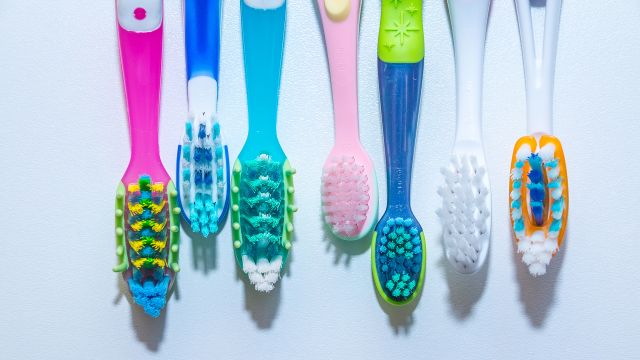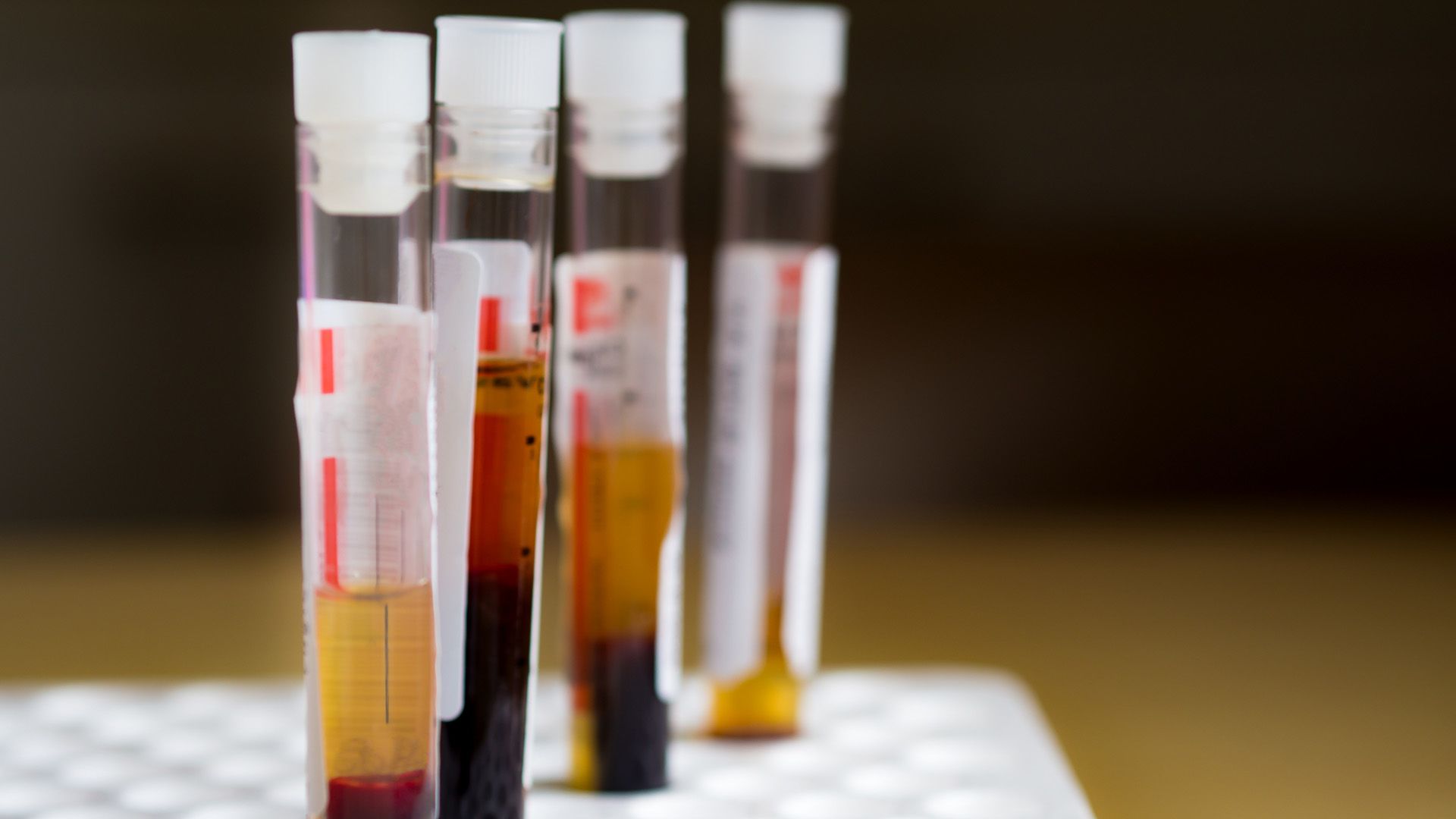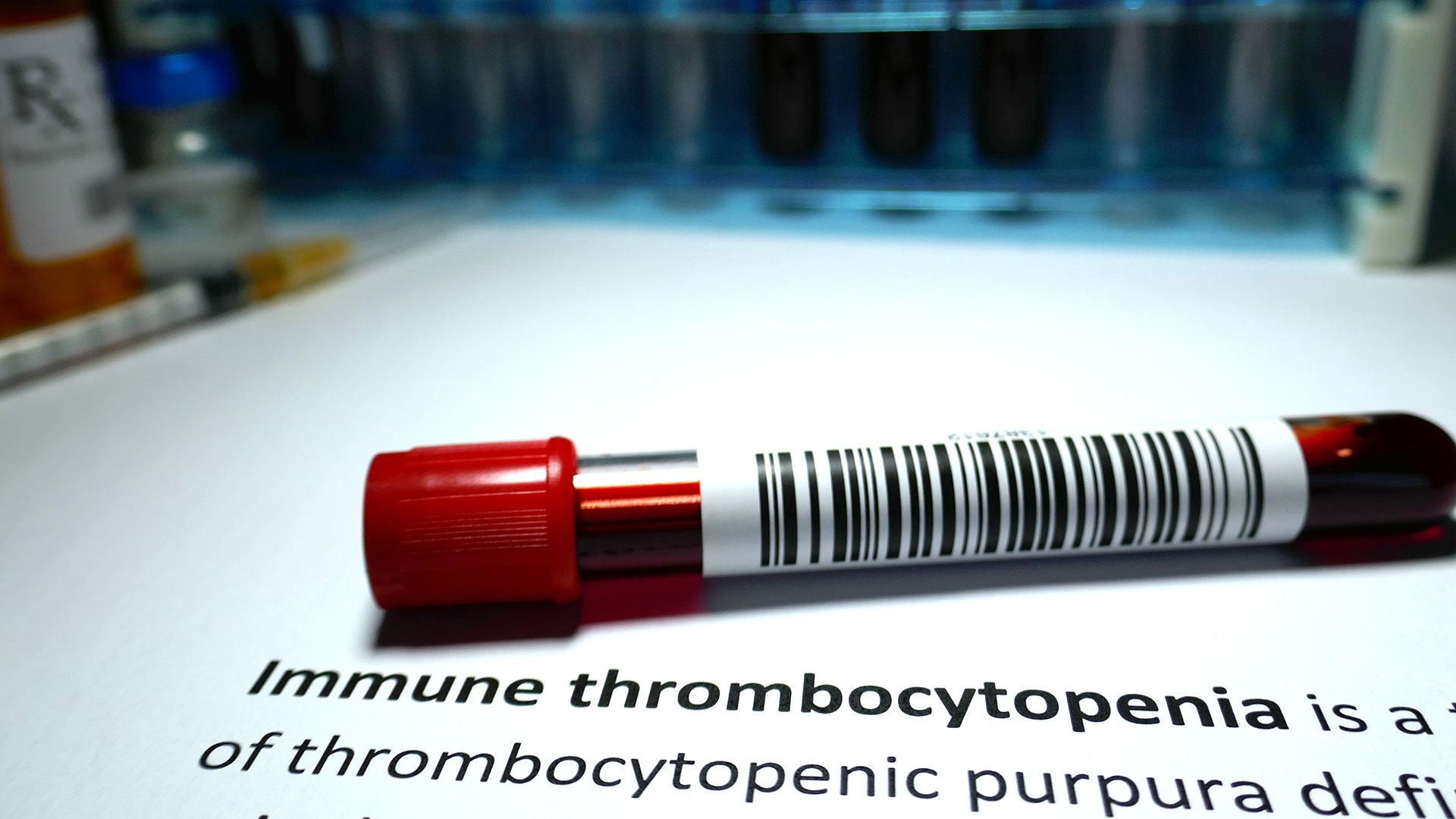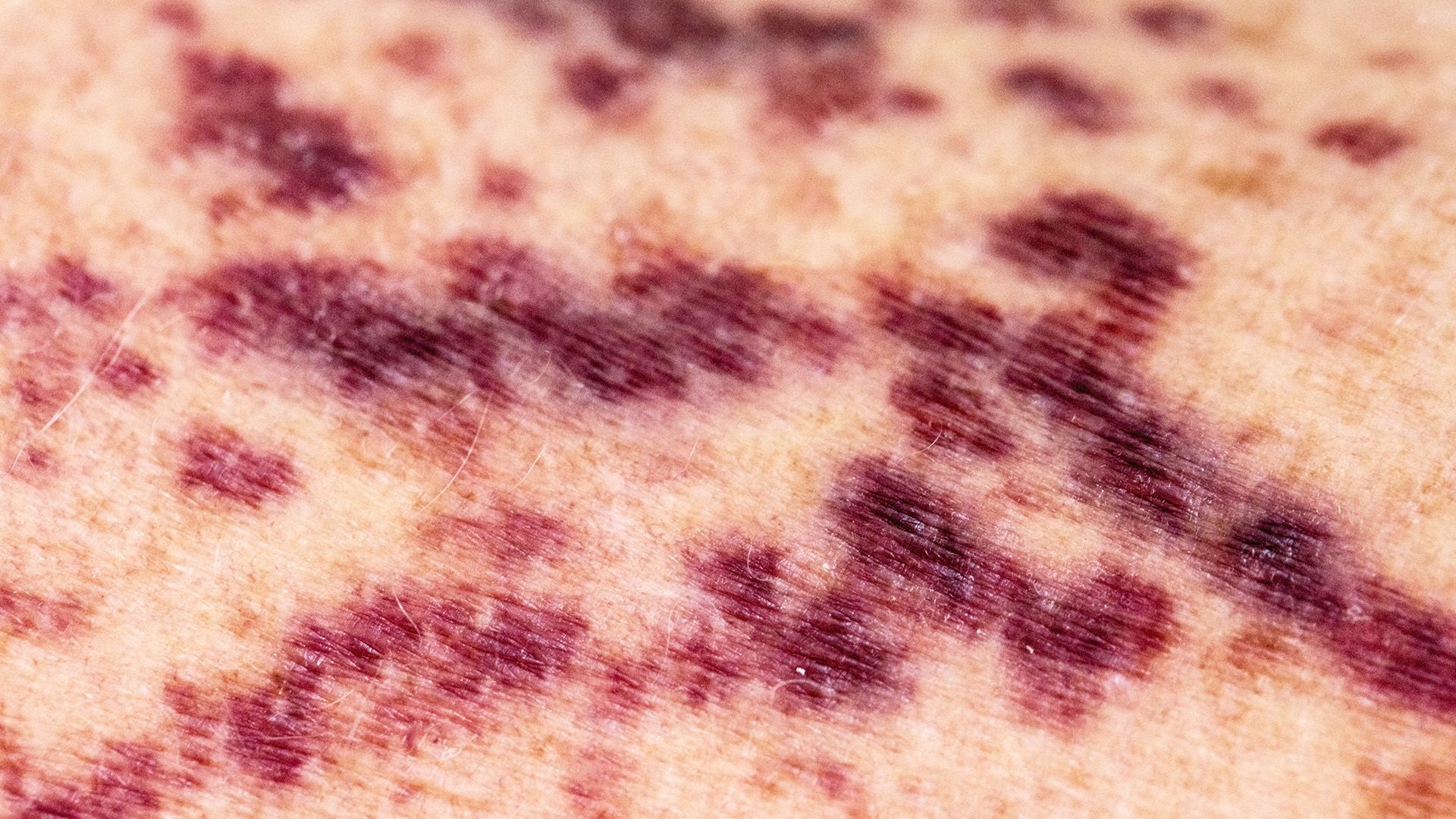Immune thrombocytopenia (ITP) is a rare disorder that causes low platelet counts. If you have ITP, the most important step to protecting your health is working with a healthcare provider. ITP requires monitoring and treatment. The type of treatment will depend on a number of factors, including age, platelet count, symptoms, medical history, medications, and other medical conditions. It also involves taking precautions to avoid injury, bleeding, and factors that can affect your platelet count.
Below are some tips and precautions that may help reduce your risk of bleeding.
Exercise caution
Exercise is an important component of physical and mental wellbeing, but certain activities come with a much higher risk of cuts, bruises, abrasions, and other injuries. Sports like soccer, hockey, basketball, contact martial arts, cycling, and skateboarding are not recommended, as they have a high probability of taking a fall or being hit. High-impact or strenuous activities like running and lifting heavy weights may also pose a risk. Swimming, walking, hiking, and low-impact resistance training are better options.
Avoid aspirin and NSAIDs
Aspirin and NSAIDs interfere with your blood’s ability to clot, and may put you at further risk for bleeding. However, some people may need to take aspirin or NSAIDS to manage another health condition, and should consult with their healthcare providers about safe guidelines and alternatives. Vitamins and supplements should also be approved by your healthcare provider.
Choose the right toothbrush
Choosing the right toothbrush is a priority if you are at risk for bleeding symptoms. Bleeding gums is a frequently mentioned symptom of low platelet counts. Use a toothbrush with soft bristles to avoid damaging the gums when brushing, and brush gently. A children’s toothbrush or a sponge toothbrush are other options. You may also need to avoid flossing, which can cause bleeding in the gums. It’s also important that your dentist know about your platelet count, and to discuss upcoming dental work with your healthcare provider.
Beware of sharp objects
When your platelet counts are low, even small cuts can bleed a lot. Be mindful when using sharp objects like knives, scissors, and nail clippers. Shave with an electric razor, which carries a lower risk of nicks and cuts. Manicures, pedicures, waxing (and other hair-removal techniques like threading and electrolysis) should also be avoided, along with tattoos and piercings.
Dress appropriately
Protect yourself when working outside (such as gardening or yard work) by wearing long sleeves and pants, proper footwear, and sturdy work gloves to protect your hands.
Practice safe sex
Sex often involves friction, which can unfortunately lead to injuries and bleeding. Use plenty of lubricant to reduce friction, and don’t get too rough (to avoid bruising and other injuries). Patients with low platelet counts are advised not to have anal sex, which is more likely to cause tearing.
Blow your nose carefully
Nosebleeds are another common symptom of chronic ITP and low platelet counts. Blowing your nose with too much force can cause nosebleeds. If you experience nosebleeds, discuss ways to prevent nosebleeds—such as using a humidifier in your home—with your healthcare provider.
Opt for pads instead of tampons
Heavy menstrual bleeding is another symptom of low platelet counts. Pads are recommended over tampons—tampons, vaginal suppositories (like the kind used to treat yeast infections), and anything else that is inserted into the vagina can damage delicate tissue when a person is prone to bleeding.
Don’t strain
Straining during a bowel movement can cause anal fissures (small tears in the tissue that lines the anus). If you’re struggling with constipation or hard stools, talk to your healthcare provider. On a similar note, do not use enemas, anal suppositories, or rectal thermometers. Also drink plenty of water and eat plenty of fiber.
Limit or avoid alcohol
Alcohol interferes with platelet function and inhibits blood’s ability to clot. Limited alcohol consumption may be okay for patients who have their platelet counts under control, but you should consult with your healthcare provider first. Do not drink excessively—not only will it impair your body’s ability to stop bleeding, it also increases your risk of injury.





